New virtual field trip shows students snail conservation in Hawaiʻi
A new virtual field trip created by the Hawaiʻi State Department of Land and Natural Resources Division of Forestry and Wildlife allows students of all ages to go behind-the-scenes of a world-class conservation program without leaving their classroom.
Typically, a field trip to see how kāhuli (native land snails) are protected from extinction requires access to a secure lab, hours of hiking to mountain-top forests and plenty of caution to make sure attendees don’t accidentally harm the snails.
The virtual tour, which was created to celebrate the conjunction of Earth Day and Year of the
Kāhuli, combines 360-degree imagery and videos with expert staff at two sensitive locations not normally open to visitors.
The first few stops occur at the state Snail Extinction Prevention Program lab, where endangered snails receive specialized care to encourage population growth.
The field trip then moves to a “kāhuli kīpuka,” a section of protected, high-elevation forest where rebounding snail populations can be safely returned to a predator-free environment.
Due to the sensitive nature of the kāhuli kīpuka, in-person visits are prohibited and the
actual location is not disclosed.
Dr. David Sischo, head of the Snail Extinction Prevention Program, said: “Our lab space is small and carefully regulated for the snails, so we can’t host large classrooms or frequent in-person visitors. We hope this virtual tour helps students explore our work while keeping our kāhuli safe as they prepare to be put back into our forests.”
Through the field trip and associated web pages, students can learn about invertebrate biology, hear from young professionals receiving workforce training in the laboratory, and better understand the ecological and cultural importance of these small but important animals.
Sponsored Content
Comments




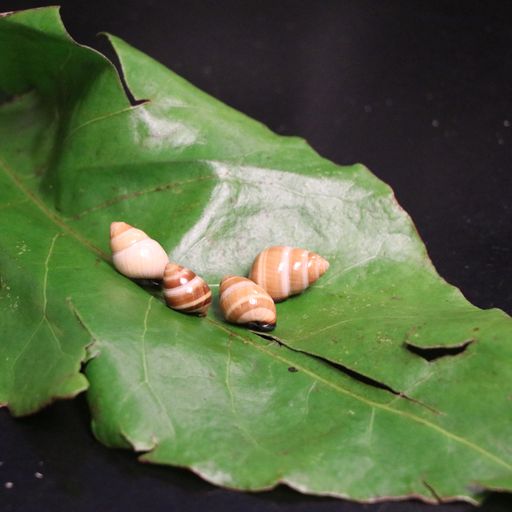
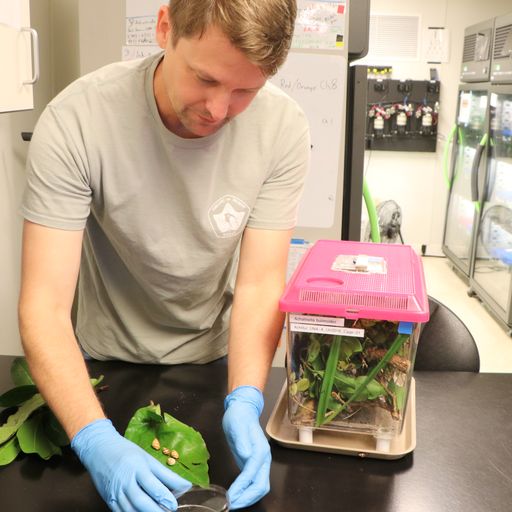
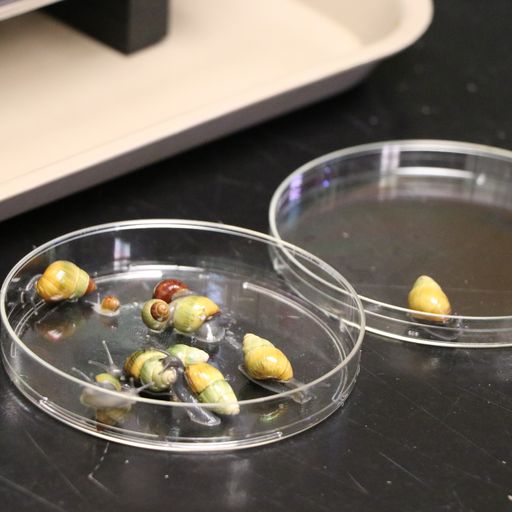
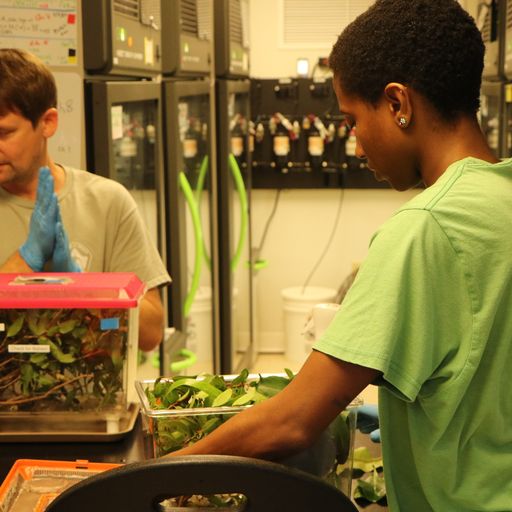
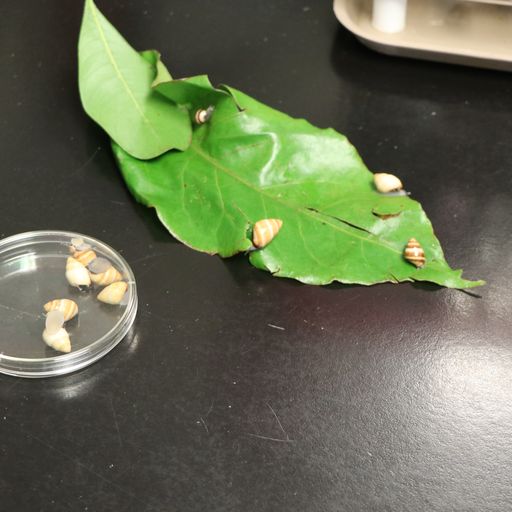





_1770333123096.webp)


